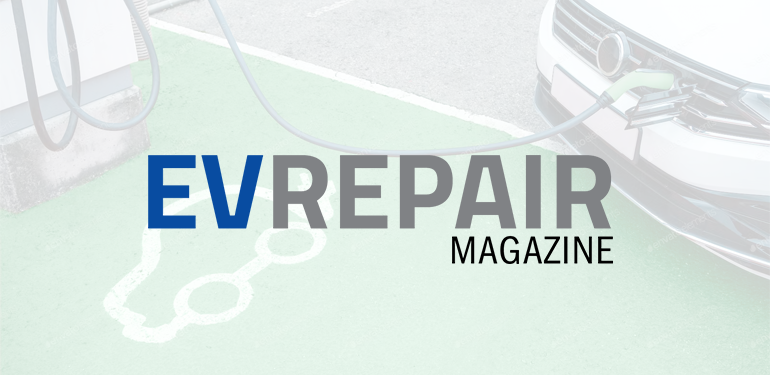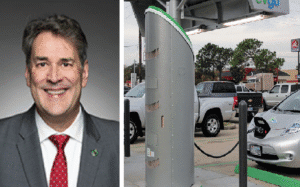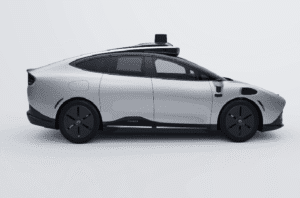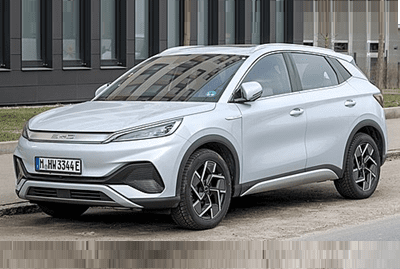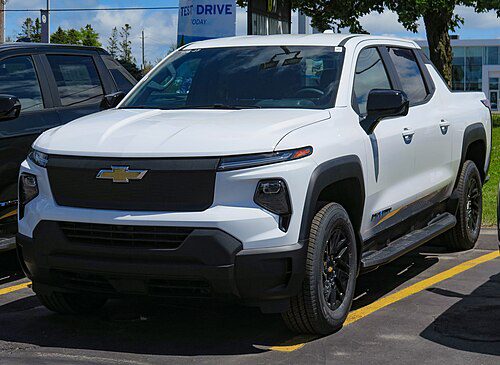Toronto, Ontario — An EV that thrives in Ontarian winters, a new EV educational tool by General Motors and Canada plants itself as an EV investment hub. This is your weekly report on the latest in electric and autonomous vehicles.
Winter Blazers
A common criticism against most electronics is lacklustre performance in the cold—particularly when you rely on it for daily tasks. Updates to the 2024 Chevrolet Blazer EV may render this a worry of the past.
According to a press release from July 18, the newly announced 2024 Blazer EV is based on GM’s Ultium battery platform, which is more powerful, cheaper, and has already been tested on other EVs like the Silverado and Equinox.
“In Kapuskasing, we run our thermal performance tests as if it’s a normal car,” said Lawrence Ziehr, project manager of General Motor’s Ultium Energy Recovery Systems in an interview with Automotive News Canada. “The same test procedures are applied to diesel engines as they are to EV or gas vehicles … We validate in -20 C. We’re testing in all extremes.”
Besides battery improvements, the 2024 Blazer has other features designed to maximize energy efficiency such as brakes that send lost energy to the battery, rather than wasting it.
Going forward, all of GM’s EVs will undergo testing at the Cold Weather Development Center in Kapuskasing, Ont. which can test vehicles in -45 C temperatures, among other gauntlets. It has been used by the U.S. military for cold weather testing since 1941 for that reason.
Its E-Live!
On July 25, General Motors launched a new website to educate the public on EVs, named EV Live. Described as an immersive, virtual experience, it promises real-time interaction with EV specialists and virtual tours of the EV Live studio, with the goal of improving EV sales through better education on the strengths and weaknesses of the platform.
Notably, these virtual tours allow participants to virtually explore a studio with real EVs and exhibitions showcasing EV apps, battery technology, apps, plus home and public charging. These tours are conducted on a one-on-one basis with an EV specialist toting audio and video equipment, with participants chatting to the specialist over text and voice.
If the technology works, this may allow a more personal, informative alternative to live texting.
Foundational Work
Canada’s industry minister returned from his business visit to Japan earlier in July, part of his plan to attract OEMs to build EVs in Canada.
While results weren’t immediate, this meeting was closer to a business trip to build connections that would shape Canada’s economic path for the next few years, rather than an immediate negotiation.This is the third trip focused on meeting with leaders from various automakers and battery companies such as Honda, Nissan and Toyota, and follows his two previous trips in Europe this year.
Champagne isn’t the first to advertise Canada as the next home for potential EV manufacturers though. In March 2021, Canada’s minister of natural resources, Seamus O’Regan Jr. described Canada as “the only Western nation that has an abundance of cobalt, graphite, lithium and nickel, essential to creating the batteries and electric vehicles of the future.”
If things go well, this may strengthen Canada’s already growing EV industry.
What should we cover in the next EV/AV Report? Let us know in the comments!



